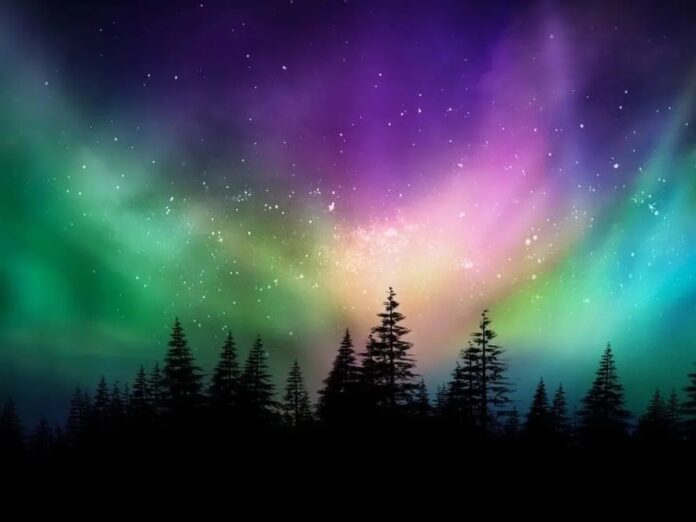We all have a huge bucket list in our travel itinerary. Northern Lights might be on the list, the mesmerizing phenomenal natural occurrence is also known as the Aurora Borealis. The people who have witnessed it will vouch that it’s an experience that one must have in their lifetime. You might have seen various videos and snaps of the glorious Northern Lights shared on social media. But do you know why these lights occur or what the myth is behind them?
Here are some mind-blowing facts about the skylights you should know:
Norwegian scientist was the first to explain the scientific phenomenon
For years people marvelled at the spectacular displays that occasionally lit up the night sky. Norwegian scientist Kristian Birkeland was the first to explain the source of the Aurora is connected with the sun. His discovery created a connection between the Sun and Earth. These dancing green lights of the aurora are caused by collisions between the gas particles in the Earth’s atmosphere and the charged particles released by the Sun.
The beautiful light also makes sounds
Yes, you read it right! Many people have reportedly heard static or hissing sounds, almost like a radio. Speaking scientifically, when a major solar storm hits Earth, the invasion layer releases a negative electrical charge, which creates the snapping and crackling noises sometimes heard by the Northern Lights.
Aurora Borealis coined in the 17th century
The Northern Lights are named after two ancient gods. In 1619, the Italian astronomer Galileo Galilei coined the term the Aurora Borealis. It was derived from the Roman goddesses of dawn, Aurora and Boreas from the Greek name for the north wind.
Aurora Borealis has a sister in south
Did you know there are southern lights as well? The southern lights are known as Aurora Australis. They are best seen in Antarctica, the southern coasts of Australia, New Zealand, Chile and Argentina. The phenomenon happens when solar storms bounce off of the earth’s magnetic fields and hit the poles, the colourful lights are created in both the northern and southern hemispheres.
Norse Myth
Before the scientific reason was discovered the northern lights inspired some of the most dramatic tales in Norse mythology. This Norse myth was believed in the Nordic countries in Northern Europe and the North Atlantic. The Vikings celebrated the lights, believing they were manifestations of their gods. Some also feared them and told stories of the dangers they posed.


